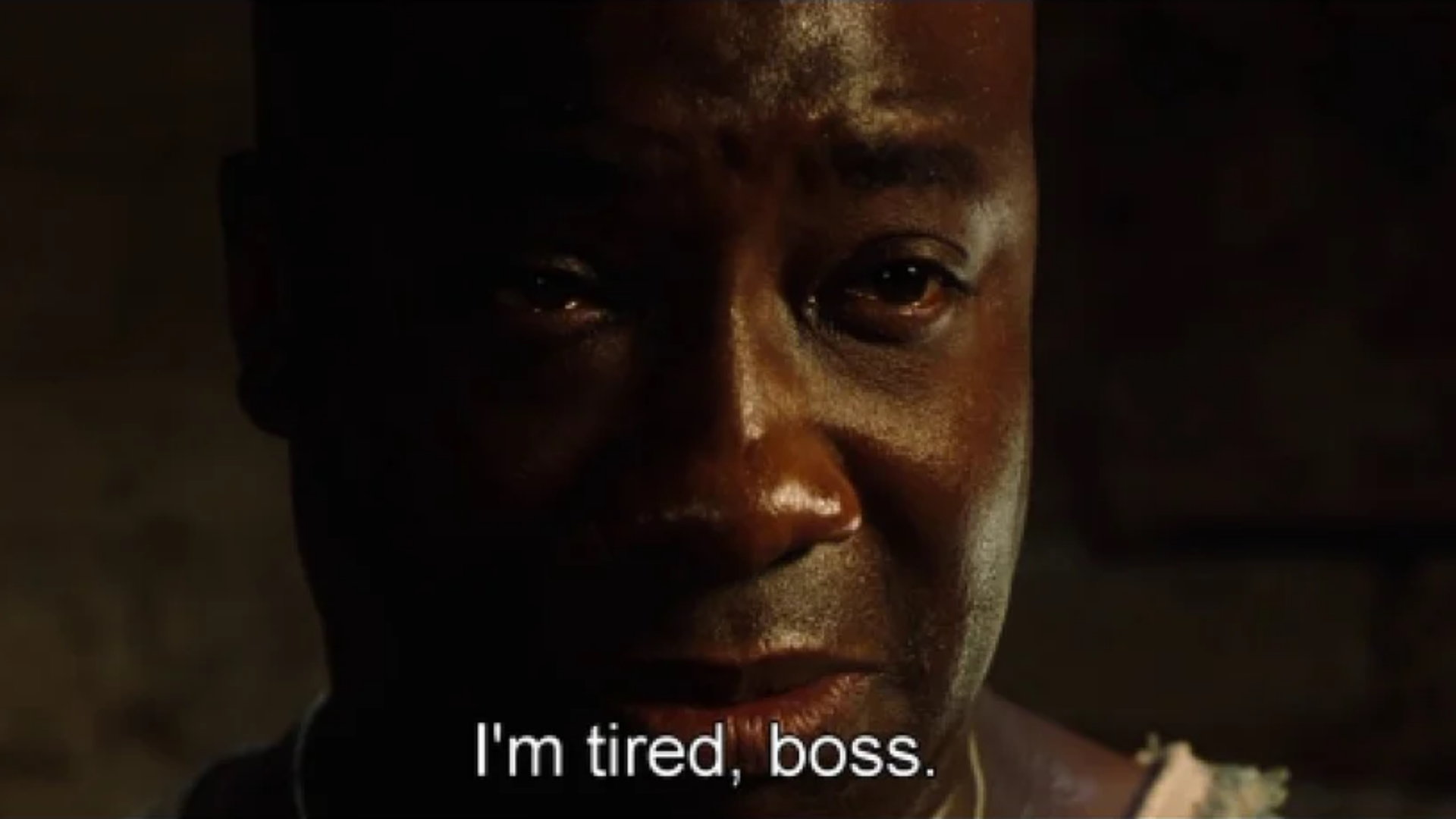A new study of 35 million news links circulated on Facebook reports that more than 75% of the time they were shared without the link being clicked upon and read
Me attempting to take the time to read twenty poorly formatted articles per day, broken up into fourteen paragraphs each and seperated by what I assume are intended to be hundreds of intrusive ads and completely diverging from what the headline baited me into thinking this ad (er… article…) was about in the first place:

Psychologist say you came to comment section just because of that heading.
They’re goddam right!
Yeah, because I know this, and the research it self doesn’t sound interesting to me.
If it makes anyone feel any better, the researchers didn’t click the links either.
To determine the political content of shared links, the researchers in this study used machine learning, a form of artificial intelligence, to identify and classify political terms in the link content.
You’re lucky if researchers read the sources they cited beyond the abstract! Lol

Upvoted without reading just to perpetuate the narrative.
Can you tell me what the headline said? I never read those (either).
Now reading out of spite
Doing everything out of the spite is the best reason. It’s why I am going to outlive all my enemies and friends.
That does seem to be an effective strategy given all the spiteful old people in power these days.
I don’t read 90% of the articles because they’re mostly crap.
This article is about sharing links without having read the content, not just scrolling past or commenting without reading first
Edit: a more accurate headline would be
Facebook users probably won’t read beyond this headline before sharing it, researchers say
At first the author states:
The findings, which the researchers said suggest that social media users tend to merely read headlines and blurbs rather than fully engage with core content, appeared today (Nov. 19) in Nature Human Behavior. While the data were limited to Facebook, the researchers said the findings could likely map to other social media platforms and help explain why misinformation can spread so quickly online.
This implies all social media users. Later it mentions sharing information.
If I cared , I would read the paper. I think the author didn’t do a very good job from headline on.
I know they think it might generalize to other platforms, but there’s little evidence to say so, and I doubt the percentage is nearly as bad on other platforms, especially Lemmy (which is the only social media I use, so the only thing relevant to me and many others here)
There’s likely also a high percentage of people who form opinions about and comment on headlines without reading the content, but that’s not what this paper measured
Oh, ok. It seemed they were talking about people only reading the headlines, then sharing with people who only read the headlines.
And there are a bajillion of them, and all completely random. You could read for the rest of your life and not get through a single day’s worth of shared articles. That said, you really should read something before sharing it. That part is just stupid.
Right? Do you expect me to click on 90% of articles?
Social media is a filter. I’m using it to figure out what is worth clicking on.
Politics, sensationalism, click bait, fear mongering. A lot of content is useless to me.
I share Onion headlines without reading the articles. The headline is usually about 90% of the laugh.
No shit. It’s almost like human attention has limits that don’t scale like a hockey stick.
I didn’t read beyond the title, but I did comment.
Because Facebook isn’t treated seriously like a news format, a lot of my friends don’t go on Facebook to read the news, and neither do I. Most of the time, articles are only posted to drive a certain narrative, that’s how Facebook works.
And yes a lot of the time I don’t read a news article past the headline. Mostly is because I’m bombarded with “PLZ ACCEPT COOKIES AND WE GIV U NO CHOICE TO DISAGREE” some of the time. The screen grays out. Some news outlets blur some of the article. I’m nagged to subscribe and shit.
Why the fuck would I then want to read it? I’ll only read what I’m interested in, I don’t want to read an entire article of “oops, the world sucks today” or “Trump is fucking things up again” or “uh you’re going to hell” and whatever. Why would I want to read that in-depth?
We would like to use cookies for personalization and other data, and we promise that’s not just a sugar-coat for using cookies to track your browsing history and find the right advertisements to show you. If you agree, click this big green flashing button. If you disagree, click this link indistinguishable from the rest of the paragraph and scroll through our 378 partners to choose which ones you feel strongly enough about to disable. Oh, and when you reload the page, please do it again because we also included ourselves in that list and can’t save your preferences if you don’t let us use cookies.
The web is awful without adblock and cookie banner block.
it’s actually about how often posts are shared without reading, not how often people glance at a headline.
Yup. If I actually want to read an article and it isn’t a site I already know isn’t too bad, I’ll right click copy the link and put it in the archive machine to get to a readable version of it. I really don’t think they can blame us at this point for not wanting to click every shitty clickbait headline, nor is it necessarily a bad thing that people aren’t (especially people who don’t use adblock and just accept cookies to make the shit go away. With the quality of reporting on most of these sites, they’re definitely not getting a good deal)
Maybe they are just aware of clickbait bullshit? Make headlines deliver on the payload of the article.
Users hate these media tricks to get attention. Number six will shock you!
“No balls, you won’t,” researchers suggest.










